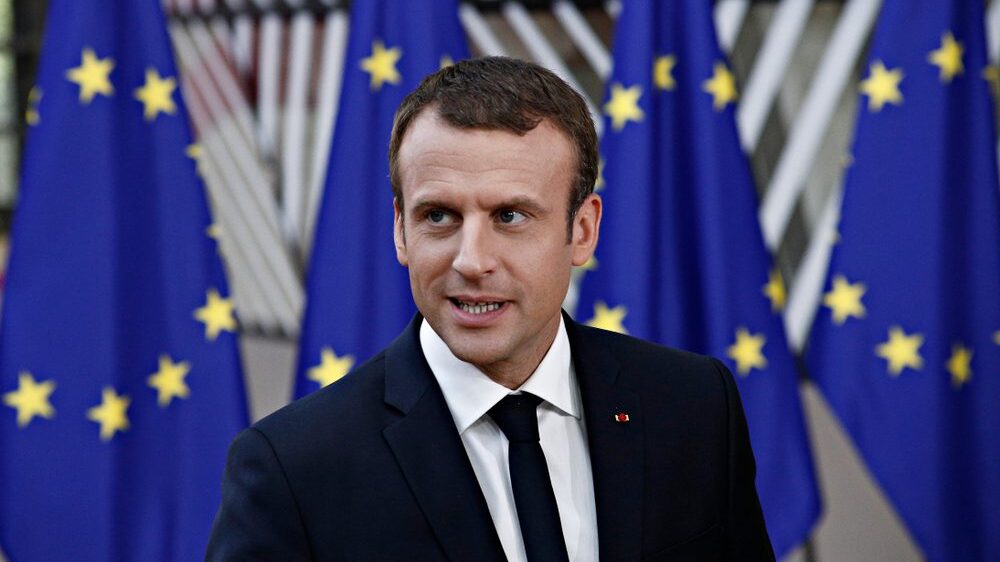
French President Emmanuel Macron.
Photo: Alexandros Michailidis / Shutterstock.com
Following a series of failed attempts to win over African leaders, French President Emmanuel Macron, Europe’s most senior globalist head of state, has reportedly asked South African President Cyril Ramaphosa to invite him to the upcoming BRICS summit in Pretoria, set to take place in August.
Eager not only to continue General Charles de Gaulle’s la Françafrique—France’s informal sphere of influence in Africa—but also to compete with America on a global scale and counter Russia’s growing influence in the region, Macron is said to have raised the possibility of attending the summit during a phone call earlier this month with the South African leader, the Paris-based newspaper L’Opinion reported.
“Presence at the summit was indeed mentioned in the conversation between the two politicians, but Pretoria did not indicate in any way whether it wanted to invite other international leaders to the meeting,” the French paper wrote, citing a “well-informed” source from inside the Elysee Palace.
The fact that France, a member of the competing G7, is not a member of the BRICS (Brazil, Russia, India, China, and South Africa), and no G7 leader has ever attended its summit, has prompted some inside the group to question Macron’s motives.
After news of Macron’s request was made public, Russian Foreign Ministry spokeswoman Maria Zakharova reacted by calling on Paris to clarify its motives, saying: “It would be nice if they told us why they want to attend.”
“Do they want to once again make some contact to show Paris’ activity or is it a ‘Trojan horse’ of some sort? So let them explain,” Zakharova remarked.
Macron’s interest in attending the BRICS 15th annual summit comes at a time when the French leader has sent mixed signals to the U.S. and NATO allies as well as China. In April, following a three-day state visit to Beijing with EU Commission chief Ursula von der Leyen, Macron caused an international stir when he defended a European “third way,” inspired by the Gaullist tradition but applied to the Continent, calling for Europe to refrain from following the U.S. into conflict with China over Taiwan, and arguing that Europe ought to reduce its dependence on the “extraterritoriality of the U.S.dollar”
While Macron’s statements were met with shock and dismay in the U.S., they were music to the ears of BRICS leaders as they line up with the group’s long-held desire to establish a more equitable multipolar world.
But shortly thereafter, during the G7 meeting last month, Macron signed on to a joint statement with G7 leaders that called China “the greatest challenge to global security and prosperity in our time.”
Despite Macron having signed the G7s anti-Chinese joint statement, the Chinese state-run newspaper Global Times referred to the idea of Macron attending the BRICS summit as “bold and innovative.” The state-run China Daily newspaper also ran a piece calling for Macron to be welcomed to the summit, with the author insisting “Macron is by no means a proxy of Washington, and he should be welcomed to the gathering.” The positions expressed in these state-backed newspapers can easily be chalked up to Beijing’s desire to pull France away from the U.S.’s sphere of influence.
Presently, 19 countries have expressed interest in joining BRICS, including Saudi Arabia, Iran, and Argentina. BRICS member states—Brazil, Russia, India China, and South Africa—in 2020 exceeded the U.S.-led G7 bloc in terms of gross domestic product (GDP) calculated on purchasing power parity (PPP), with the BRICS countries collectively contributing to some 31.5% of global GDP compared to 30.7% by G7 countries.
